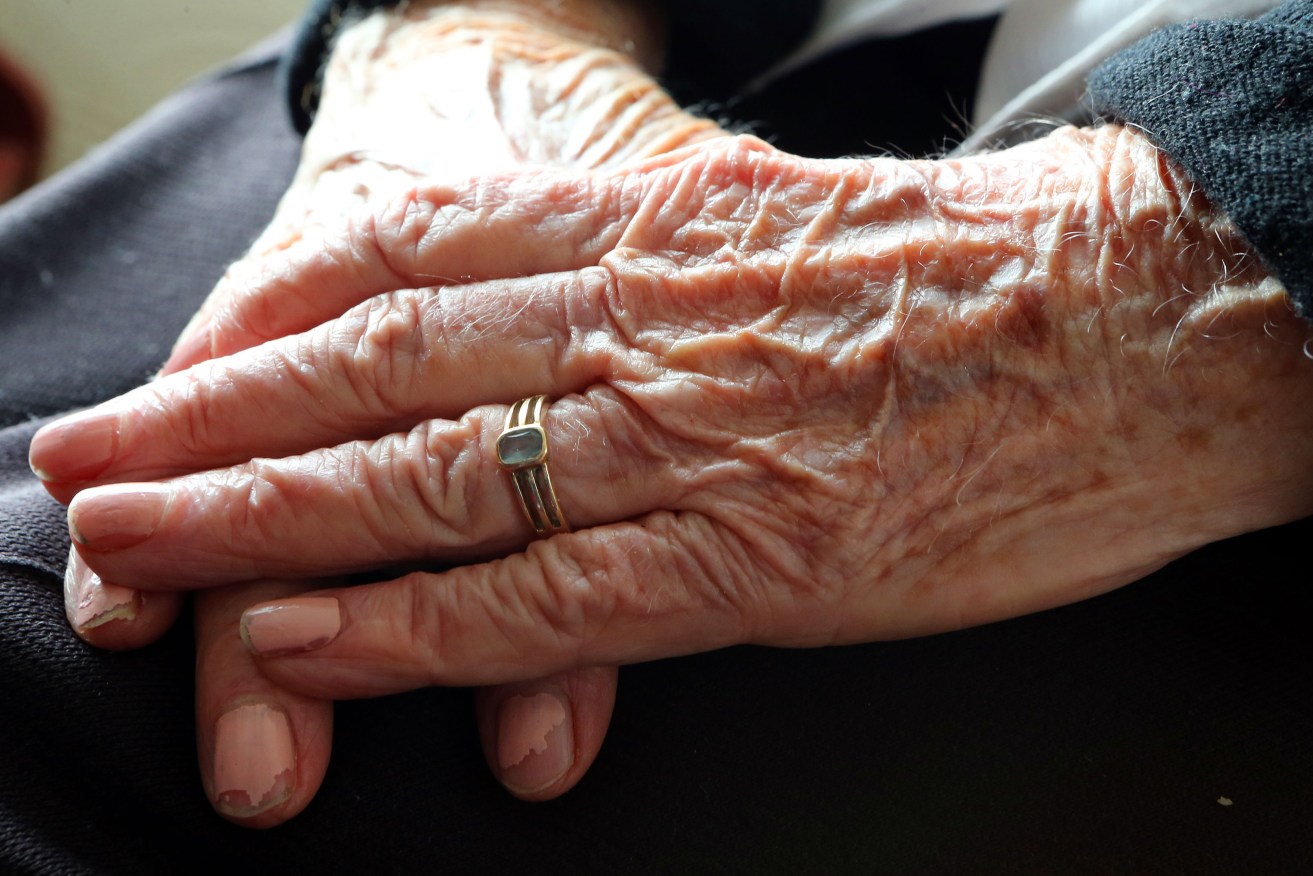Older single SA women facing homelessness and housing stress
South Australia urgently needs a plan to prevent older women from facing housing insecurity and homelessness, writes David Panter.

Single women over the age of 60 are facing increasing housing stress. File image: Peter Byrne/PA Wire
When it comes to the discussion about housing and older people, the conversation is often focused on downsizing, passing on the family home to children or choices around retirement housing.
However, an increasing number of older South Australians are facing housing insecurity and, in some cases, the heart-breaking reality of becoming homeless.
Single women aged over 60 are becoming increasingly vulnerable to housing stress and insecurity and while the factors leading to homelessness are often complex, consistent trends have been emerging with this group in our community.
Typically women tend to live longer than men and often underestimate their life expectancy. As a result, they are not making adequate provisions for retirement and are often outliving their superannuation.
In addition to this, low income, casual employment and time out of the workforce raising families can contribute to financial strain later in life. According to the Association of Super Funds of Australia, taking two or more years out of the workforce to raise children can leave women short-changed on superannuation by $50,000 at retirement age.
Add into this equation the death of a partner, a relationship breakdown, job loss or change in health circumstances and it suddenly results in a situation of serious financial uncertainty.
While women are especially at risk, housing insecurity is a broader problem and we are seeing a large increase in older people, generally, who do not have safe and affordable places to live. More and more people are retiring with mortgages and the pool of suitable housing for people who are ageing is shrinking.
There is also a small but growing number of older people being forced into the private rental market, which is often financially unsuitable for older people with low incomes. Private rental housing is also generally not adaptable. A lot of private rentals are not fit or secure enough to meet the physical needs of people as they age, further compounding the issue.
With the proportion of older people in South Australia increasing at a faster rate than most other Australian capital cities, we urgently need a long-term plan to address the escalating issue.
With June 23 marking International Widows Day, it is an opportune time to ask ourselves: what needs to be done to alleviate housing stress for retirees and, especially, older single women?
While there is not one simple answer, there are several areas that need to be considered.
Firstly, and perhaps most obviously, there needs to be more affordable and appropriate housing options for older single people. This needs to be driven by both the government and independent living providers.
For example at ECH, which was founded to support war widows more than 50 years ago, we are trying to help ease the problem by offering rental properties and affordable housing in our retirement villages so that people can age confidently and independently, secure in the knowledge they have somewhere to call home.
Secondly, increased employment opportunities need to be explored. Many older women possess much-needed skills and a desire to work but are overlooked by employers. There needs to be recognition that older women can continue to contribute to the workforce in various capacities.
And finally, one of the most immediate courses of action is to improve women’s financial literacy. Superannuation is more important for women because they live longer but often they rely on their partner for financial security. Empowering women with knowledge about their superannuation and how much funding they need for a comfortable retirement will go a long way to preventing financial stress, especially in the event of losing a partner through death or separation.
Everyone deserves to feel safe and secure and by taking these steps we can not only help the current generation of older South Australian women but also protect future generations from facing the same situation.
David Panter is the chief executive of aged care provider ECH.




